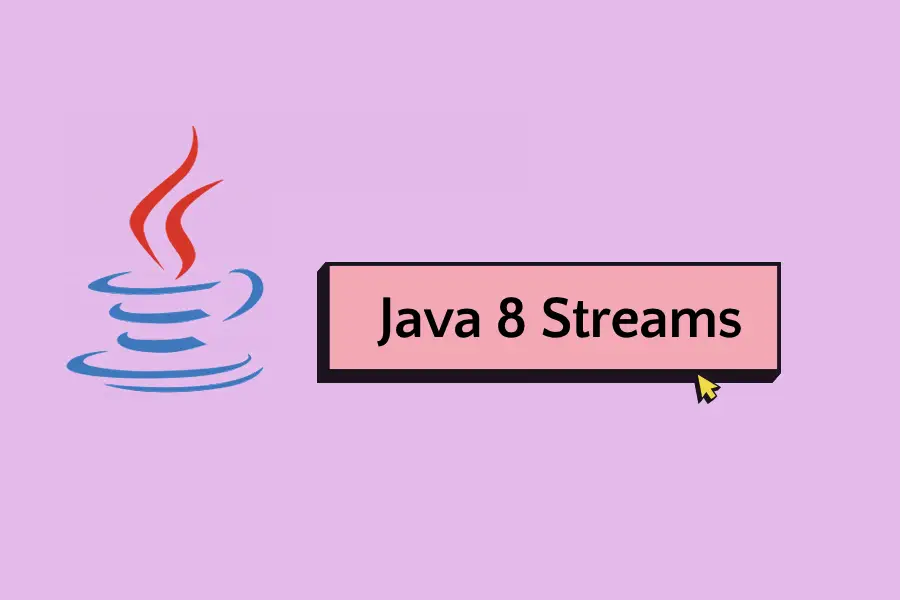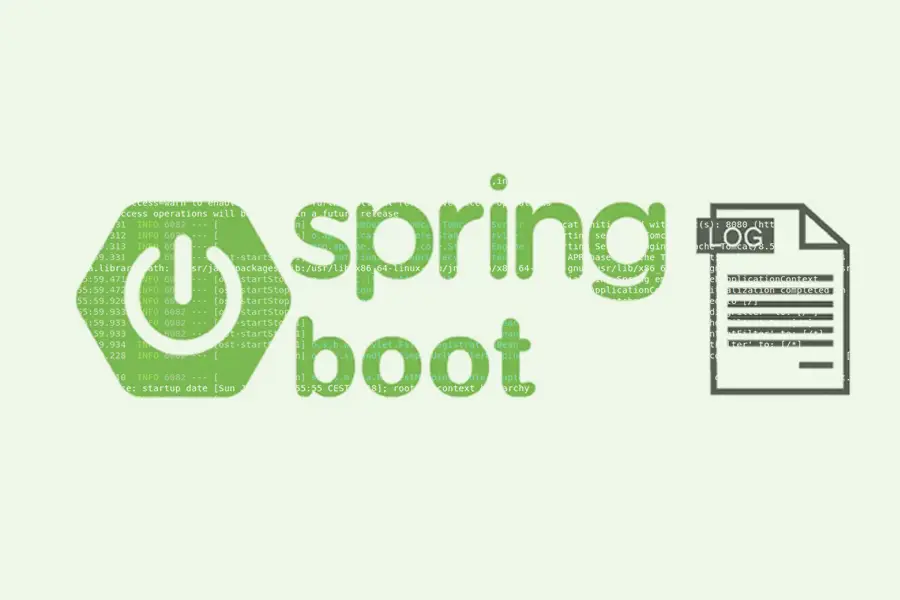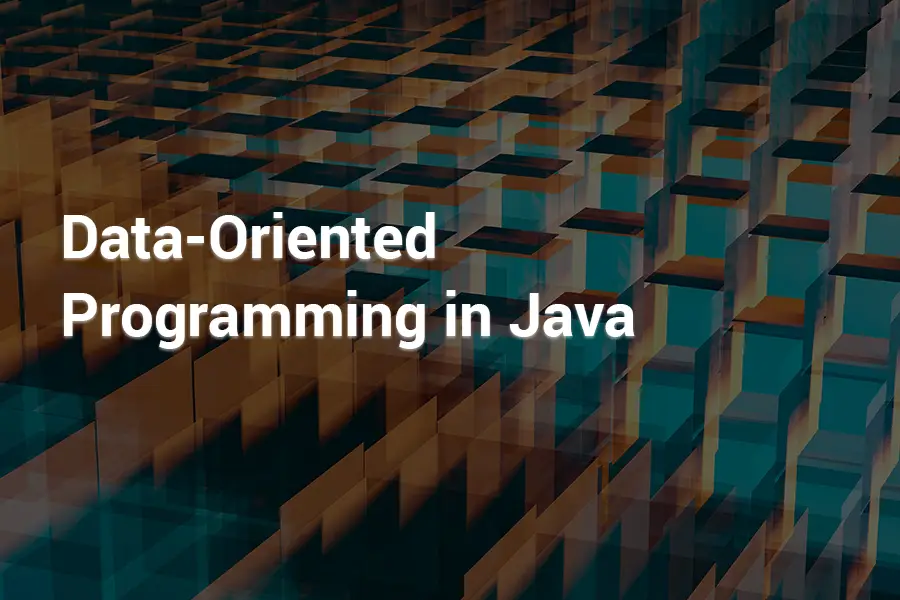Java 8 introduced a new feature called Streams which is a powerful and efficient way to process collections of data. A Stream is a sequence of data elements that can be processed in parallel or sequentially. Streams provide a functional programming approach to processing collections of data that is concise, expressive, and easy to read.
Java 8 Streams
Streams are based on three fundamental operations:
- Filter: It allows you to select elements from a collection based on a predicate. A predicate is a boolean-valued function that determines whether an element should be included in the resulting stream.
- Map: It allows you to transform each element of a stream into another object. A map operation takes a function that applies the transformation to each element of the stream, and produces a new stream with the transformed elements.
- Reduce: It allows you to aggregate the elements of a stream into a single result. A reduce operation takes a function that combines two elements of the stream, and produces a new result that is then combined with the next element of the stream until all elements have been processed.
Streams can be created from collections, arrays, and other data sources. Once a stream is created, you can apply any number of intermediate operations to filter, transform, or sort the elements. These operations are lazily evaluated, which means that they are only executed when a terminal operation is applied to the stream. Terminal operations include operations like forEach, toArray, reduce, collect, and others.
Here’s an example of using Java 8 streams to filter and transform a list of integers:
import java.util.Arrays;
import java.util.List;
public class StreamExample {
public static void main(String[] args) {
List<Integer> numbers = Arrays.asList(1, 2, 3, 4, 5, 6, 7, 8, 9, 10);
// filter even numbers
List<Integer> evenNumbers = numbers.stream()
.filter(n -> n % 2 == 0)
.collect(Collectors.toList());
System.out.println("Even numbers: " + evenNumbers);
// square each number
List<Integer> squaredNumbers = numbers.stream()
.map(n -> n * n)
.collect(Collectors.toList());
System.out.println("Squared numbers: " + squaredNumbers);
}
}The benefits of using Streams in Java 8 include improved readability, expressiveness, and performance. Streams can be parallelized easily, which means that they can take advantage of multi-core processors and greatly improve the performance of your applications.
In summary, Streams are a powerful feature of Java 8 that provide a functional programming approach to processing collections of data. They are easy to read, expressive, and efficient, and can greatly improve the performance of your applications.








